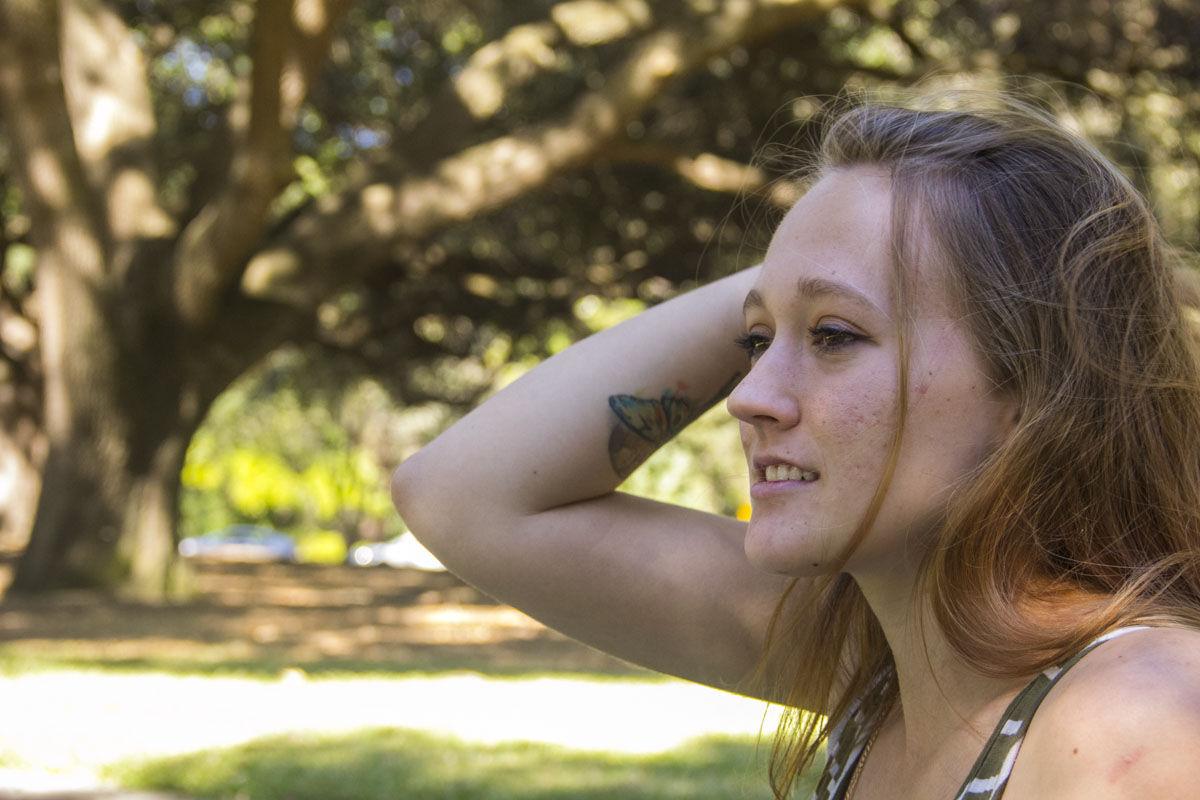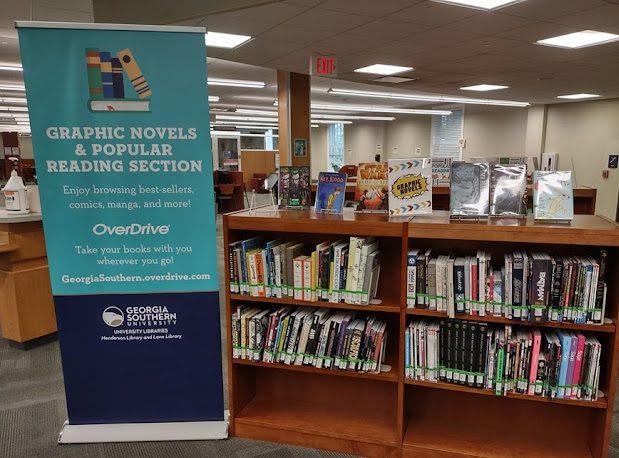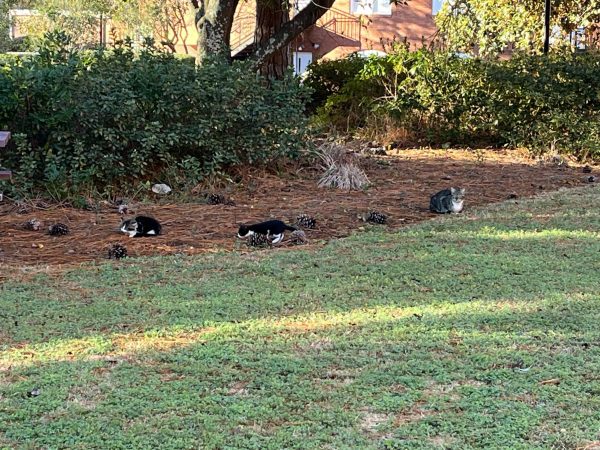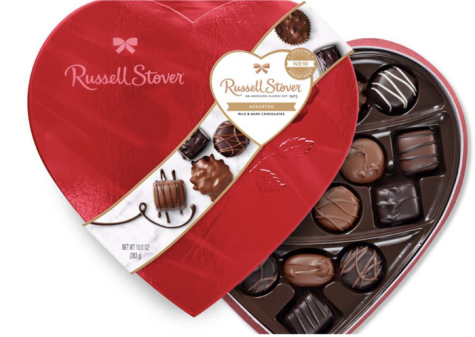Samhain: A Wiccan student shares her story
October 25, 2016
Some will celebrate this time of year by placing Jack-o’-Lanterns on their doorsteps and passing out free candy to costume-clad families as the night grows darker.
Others, like sophomore writing and linguistics major Paige Peterson, will choose to celebrate Samhain instead of Halloween.
Samhain is a traditional Wiccan holiday that falls between the end of the harvest season and the beginning of winter.
What is Wicca?
Wicca is a contemporary Pagan religion that encompasses a wide range of beliefs and practices. While some Wiccans believe in a god and goddess, others simply believe in Mother Earth, according to Peterson.
“I would describe [Wicca] as a religion that’s very people and nature based. It’s kind of a wide range of beliefs, but the base of all Wiccans’ beliefs are respect nature and respect people, kind of like the Golden Rule,” Peterson said. “Treat people like you want to be treated, and respect the Earth because it gives us life.”
There is a magical element to Wicca, according to Peterson. Wiccans use natural means to harness positive energies and emotions, including nature-based medicinal practices. Some believe that certain crystals, like rose quartz, can harness energy and be charged with sunlight.
Some Wiccans say they “cast spells” when they harness energies through nature, but Peterson disagrees with the witchcraft label.
“It’s not like you’re waving a wand or anything. It’s just over the years people have… called us ‘witches,’ so we’ve just taken it up in a mocking way, like, ‘Yeah! I’m a witch! Cool!’” Peterson said. “But it’s all about the way you can harness energies and emotions, [like] mixing ingredients together to treat a wound. There’s elements to it, like willow bark tea helps cramps and pain.”
What is Samhain?
Wiccans celebrate several holidays every year, including Samhain, Beltane, Yule and Eostar.
Samhain falls on Halloween, when Wiccans celebrate the end of harvest and the beginning of winter. According to Peterson, Samhain is the beginning of the Wiccan cycle, and traditionally, it is the holiday of the dead.
Many Wiccan hold feasts to celebrate Samhain. Foods served at these feasts include pumpkin pie, cornbread, potatoes and dishes with apples. People who celebrate Samhain also carve pumpkins and build bonfires.
In some respects, Samhain can be considered similar to other proximate holidays celebrating the passing of loved ones.
“A lot people don’t really look at it this way anymore, but the belief based on the god and the goddess. It’s when the god dies and is reborn the next day, so it’s the day between death and life,” Peterson said. “It’s a way to look back on the people you’ve lost in your life and celebrate their lives… a Wiccan Day of the Dead.”
Being Wiccan in the Bible Belt
While Wiccan beliefs are based on older Pagan religions, many people mistake Wiccans for devil-worshippers, according to Peterson.
“People don’t really understand Wicca. I say I’m Wiccan, and they go, ‘Oh! Devil-worshipper!’” Peterson said. “They connect it with Christian values and beliefs and more toward the bad ones, [even though] it’s not connected to Christianity at all.”
For those who condemn or judge Wiccans, Peterson recommends learning more about the religion.
“I’d say to do your research and actually find out what the religion is about,” Peterson said. “There’s even places where Wiccans are based on Christianity. They’re called Christian Wiccans, and they believe in God, but they also believe in energies and things like that.”
Peterson practices Wicca alone, as she has not met any fellow Wiccans in the South. She believes the South may be less religiously accepting than other regions of the United States.
“When I lived in Seattle, [I saw] every religion on every corner. But here, you’ve got it watch where you tread when it comes to religion,” Peterson said. “I think education is a big part of it. If people were raised to accept other people and learn about religions whether or not they accept them, it would be better.”










